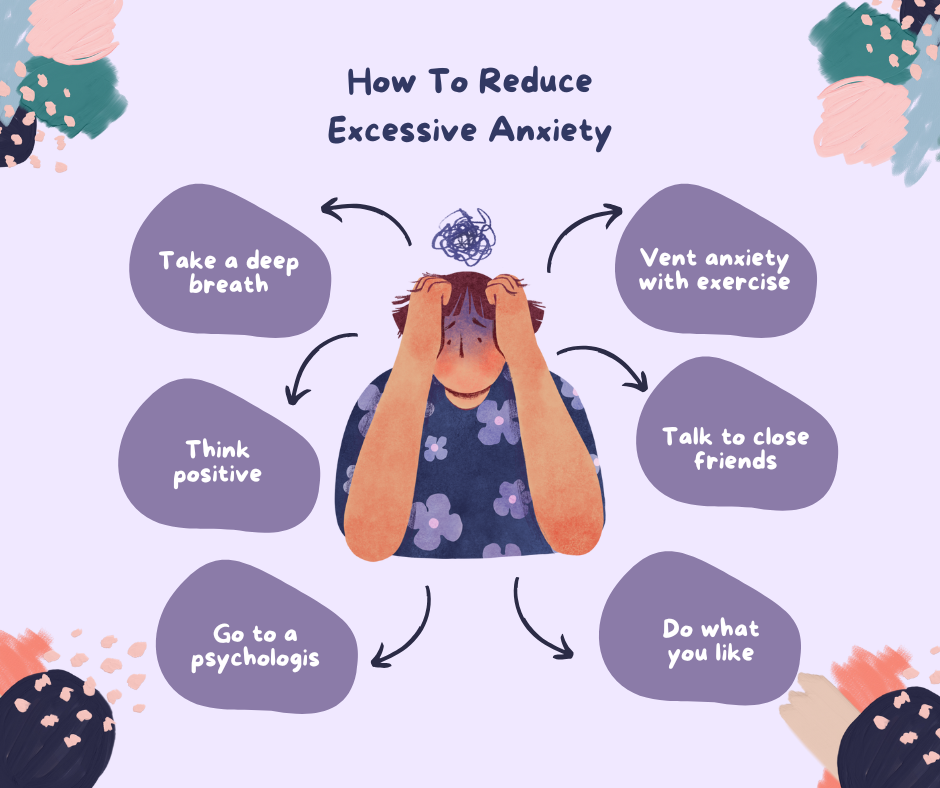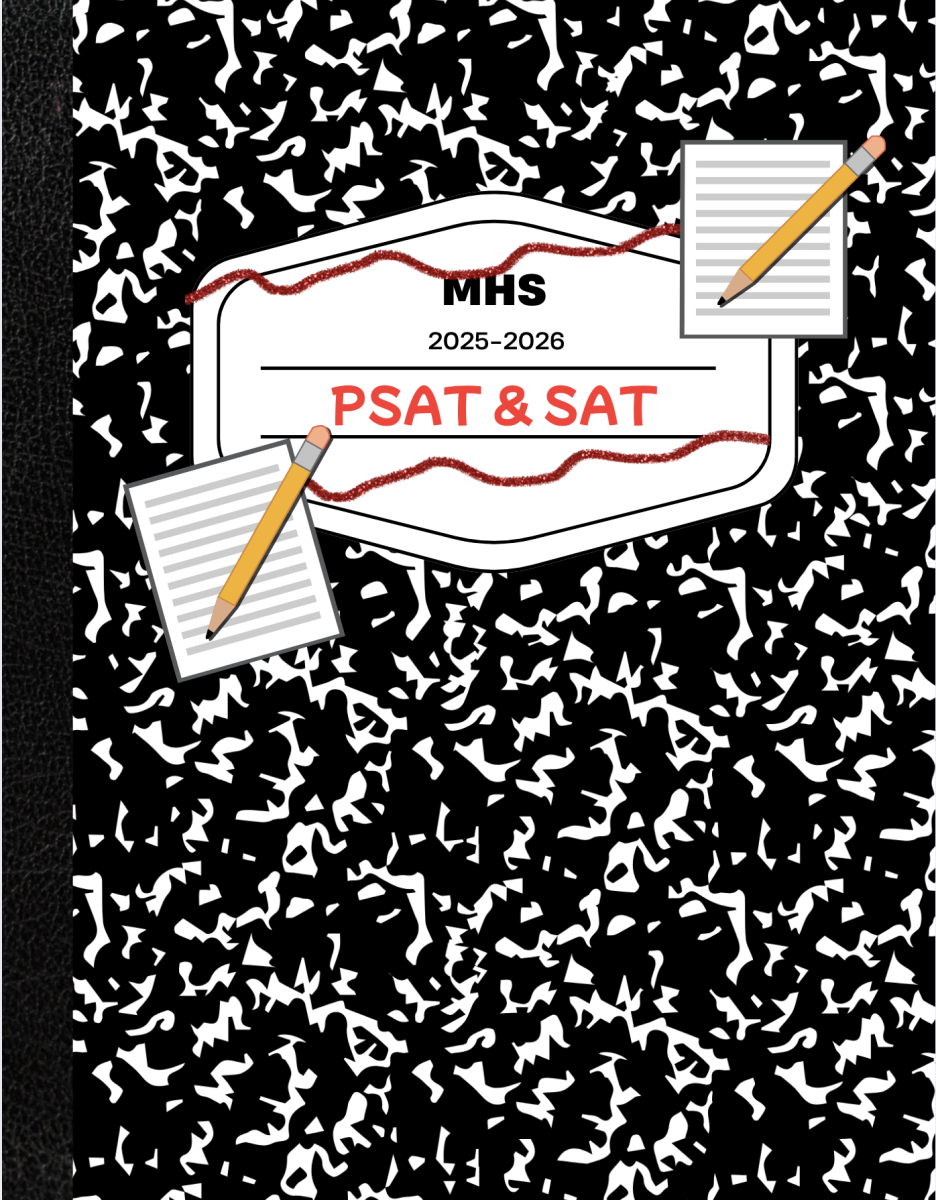High school students are reporting rising levels of stress with academic, social and extracurricular demands as the main causes. This pressure often leads to exhaustion, depression and sleep deprivation.
The Centers for Disease Control and Prevention found that nearly 75% of high school students experience stress related to school.
“I don’t really have time to take a break for myself,” sophmore Ritah Mwasi said.
Stress can affect both the body and mind, causing headaches, fatigue and many other symptoms.
“I try to manage my school work, extracurriculars, and home responsibilities, but it becomes overwhelming,” sophmore Karagail Philliph said.
Academic pressure is another major factor. Many students are expected to take advanced, IB, or dual credit classes to show college readiness. Some also balance clubs, sports and part time jobs on top of their school work.
“I have basketball practice morning and afternoon, I get to school at 6 a.m. and leave at 5-6 p.m. leaving little time to take a break, eat, finish homework, study and sleep,” sophomore Precious Tiffang said. “Some days I get less than three hours of sleep.”
Even students who prepare thoroughly can begin to fall behind without proper rest and nutrition.
“I studied every day for three weeks for an Algebra II test, but the night before I wasn’t able to sleep on time or eat breakfast, and ended up with a lower grade than usual,” sophomore Jasmine Siriba said.
Experts warn that stress also raises cortisol levels. This hormone can increase blood sugar levels, promote fat storage and increase heart rate and blood pressure, putting students’ well being and long-term health at risk.
“I struggled a lot with my academics because of stress and sleep deprivation,” senior Abigia Negussie said. “I would sleep in class, I was more irritable and I even started acting out of my character. Then I started to manage my time efficiently. I started sleeping better, bringing my grades up and wasn’t irritable as much. I even received an award for best grades in physics last year.”







